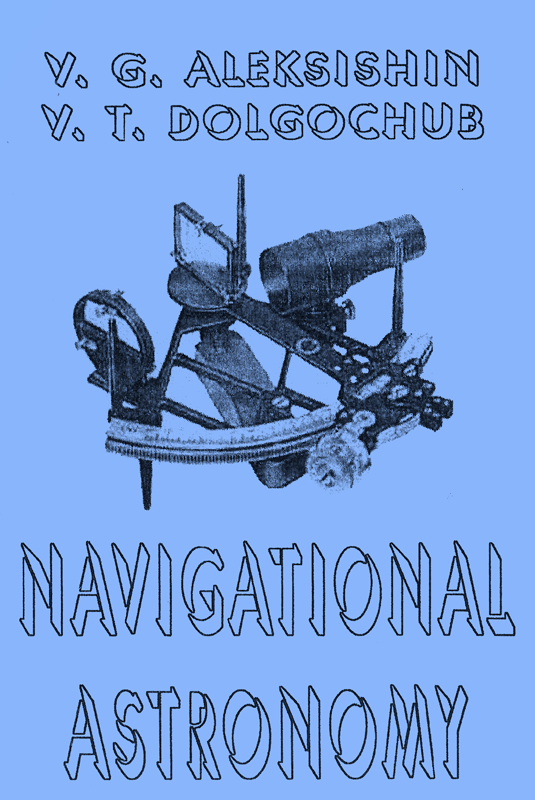Navigational Astronomy. Мореходная астрономия на английском языке
Astronomy predicts the future positions and motions of celestial bodies and seeks to understand their physical properties. Navigational astronomy, dealing principally with celestial coordinates, lime, and the apparent motions of celestial bodies, is the branch of astronomy most important to the navigator
Contents
Foreword
1. The Celestial Sphere
2. The Equator System Of Coordinates
3. The Horizon System Of Coordinates
4. The Navigational (Polar) Triangle
5. Apparent Motion Due To Rotation Of The Earth
6. Apparent Motion Due To Revolution Of The Earth
7. The Moon
8. Planets
9. Time in Navigation
10. The Nautical Almanac
II Haw to Find The Principal Stars
12. Instruments For Celestial Navigation
13. Compass Check
14. Sight Reduction
14.1. Methods And Formulae For Direct Computation
14.2. Latitude By Polahs
14.3. I.atitude at Meridian Passage
14.3 Longitude At Meridian Passage
15. Emergency Celestial Navigation
15.1 The Accuracy Of The Watch
15.2. Direction
15.3 Latitude Determination
15.4 Longitude Determination
Literature




 English for navigators. Английский язык для судоводителей
English for navigators. Английский язык для судоводителей  Introduction into Bridge procedure guide. Вводный курс по операциям на мостике
Introduction into Bridge procedure guide. Вводный курс по операциям на мостике  Английский язык при радиообмене в ГМССБ
Английский язык при радиообмене в ГМССБ